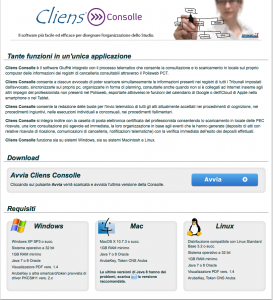This is how I amended the data-protection information page on my street-photography website to meet this stupid “cookie law”;
A plain wrong Italian enforcement of the EU “cookie” directive makes mandatory to obtain a prior consent to allow the use of Google Analytics, even if – as in this case – the personal identity of a user is unknown by me and Google only “might” be able to exploit the anonymous information collected through this website. So, in case you want to know if Google is able to identify you by means of this website’s access, please send me your identity together with your IP and I will forward your request to Google… or you might better do it on your own, without telling ME who you are.
And this is the Italian translation:
Un’applicazione semplicemente sbagliata della direttiva europea sui cookie impone di ottenere il consenso preventivo per usare Google Analytics anche se, come in questo caso, ignoro l’identit?? personale di chi accede al mio sito e solo Google “potrebbe” essere capace di usare le informazioni raccolte per fornirmi le statistiche. Dunque, se volete sapere se Google ? in grado di identificarvi tramite l’accesso a questo sito, per favore inviatemi le vostre generalit?? e l’IP che avete usato, e girer? la vostra richiesta a Google… oppure, meglio, potreste farlo direttamente voi, senza dire A ME chi siete.

